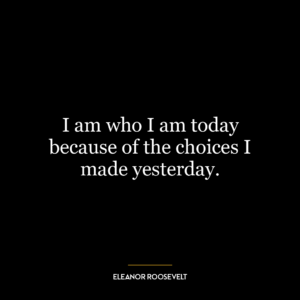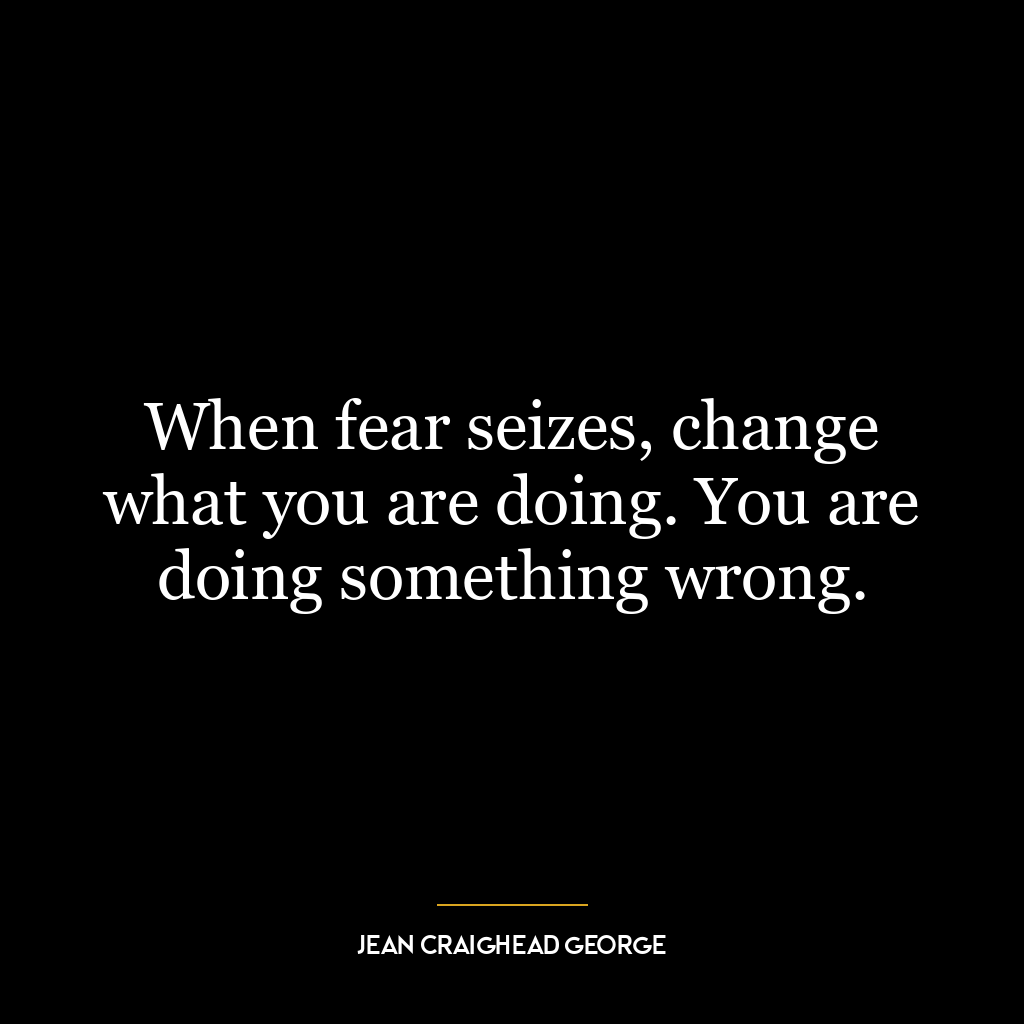Courage is more exhilarating than fear, and in the long run, it is easier.
This quote suggests that the act of being courageous, although initially daunting, is ultimately more rewarding and easier to sustain than living in fear. Courage, in this context, is not just about bravery in the face of physical danger, but also about the strength to confront the fear of failure, rejection, or uncertainty. It’s about the ability to take risks, to step out of comfort zones, and to face challenges head-on.
The exhilaration that comes with courage is the exhilaration of freedom, of overcoming, and of personal growth. Once a person confronts their fear, they no longer have to spend their energy and resources on avoiding it. This is why courage is easier in the long run. Fear, on the other hand, can be paralyzing and draining. It keeps people stuck in their comfort zones and hinders growth.
Applying this idea to today’s world, we can see that we live in an era of rapid change and uncertainty. This can be scary and overwhelming. However, if we choose to face these changes with courage, we can adapt and thrive. For instance, in the face of job displacement due to automation, one can choose to learn new skills and adapt rather than fear the change.
In terms of personal development, this quote can serve as a reminder that personal growth often requires stepping into the unknown and facing our fears. Whether it’s the fear of failure, the fear of rejection, or the fear of the unknown, choosing courage over fear can lead to learning, growth, and ultimately, a more fulfilling life. For instance, if one fears public speaking, choosing to confront this fear and speak publicly anyway can lead to personal growth and newfound confidence.
In conclusion, courage is not just about heroic acts in extraordinary circumstances. It’s about the everyday choices we make to face our fears, to step out of our comfort zones, and to embrace change and uncertainty. And in the long run, it is these choices that lead to growth, fulfillment, and a life well-lived.















